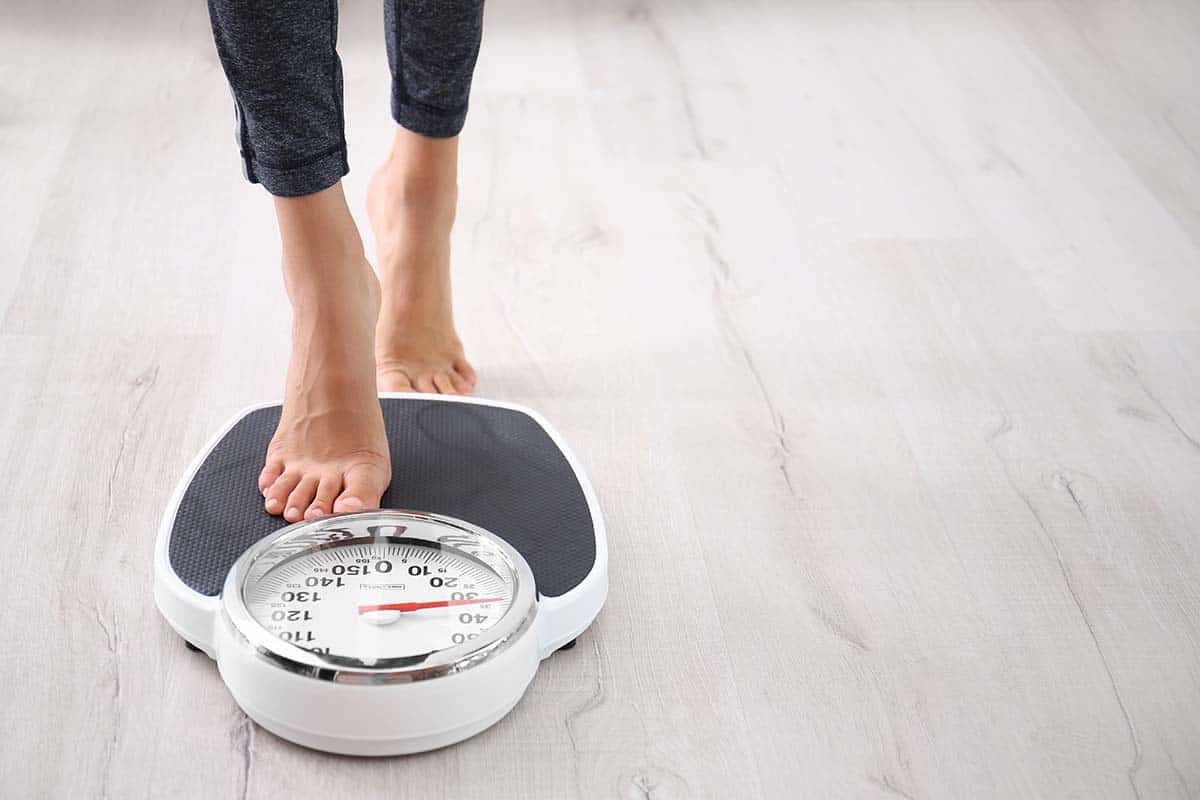
Low-carb diets can be effective eating habits that result in weight loss. But, certain factors, like stress, aren’t giving you the results you want. An incorrect way to follow low-carb diets may result in losing before reaching the desired weight. So, here are four tips to help you achieve your weight goal through low-carb diets:
Eat The Right Food
Following a low-carb diet doesn’t mean you should delete carbohydrates from your system. Eliminating carbohydrates will make you sluggish, tired, and fatigued. It’s because the body needs carbohydrates for energy.

But, too much carbs can result in weight gain. Herein lies the concept behind low-carb diets–you need to lower your carbohydrate intake without entirely removing the macronutrient. Hence, you can achieve weight loss without a significant risk of feeling the adverse effects.
Thus, it would be best if you fill up your plate with the right food options, such as the following:
- Lean meats
- Green leafy vegetables
- Eggs
- Fish
- Nuts and seeds
If you feel bored with eating these foods all the time to sustain your low-carb diet, you can also try other alternatives. For instance, consider consuming low-carb ramen from Immi. Aside from being low in carbohydrates, the noodle soup has healthy amounts of protein, which is another macronutrient essential for muscle building and fat loss.
Eliminate Stress
Stress is a part of everyday life, and it can be quite challenging to reduce or eliminate pressure from daily activities. Feeling pressure can result in weight gain as the body produces more hormones, like cortisol.
Cortisol, also known as the “stress hormone” by many, puts your body in a “fight or flight” setting. At normal levels, this hormone can help you in a pinch. But, too much of it can make the body store more fat, thereby resulting in weight gain. Feeling stressed all the time can even result in obesity, even when you practice low-carb eating.
One way to reduce or even eliminate the excess production of cortisol is to accept stress as part of everyday life. In turn, you can live life, taking stressful encounters with peace.
For example, your boss gives you a new task when you still have three other projects to finish within the week. At first, the piles of paperwork you need to accomplish forces you to enter that “fight or flight” setting. Take a deep breath and think that all of those tasks will be gone once you finish them. Accept the pressure that have come your way, and you should acquire a feeling as if someone removed a thorn from your body.
Consequently, you can supplement the low-carb diet with stress-removing activities. Practice meditation, deep breathing, or yoga to help calm the mind when needed.
Have A Good Night’s Sleep
Another reason that may result in weight gain, even if you’re practicing a low-carb diet, is that you’re not sleeping enough. Sleep is an integral part of optimal well-being.
Lack of sleep can correlate to health complications, such as mood swings, lack of focus, and weight gain. Moreover, the body tries to compensate for the lack of energy levels by making you hungry. Hunger pangs may become more frequent than average, making you raid the fridge more often than not.
Sleep is a critical pillar of health. It would help if you had sufficient hours of unbroken rest per night, depending on your age group. The following are quick pieces of information to help you know the number of hours recommended to sleep at night:
- 14 to 17-years-old: 8 to 10 hours
- 18 to 25-years-old: 7 to 9 hours
- 26 to 64-years-old: 7 to 9 hours (6 to 10 hours might also be appropriate)
Maintain A Caloric Deficit
You’re not going to lose weight if you exceed your recommended caloric intake daily, even if you’re practicing a low-carb diet. For example, you need 2,000 calories per day to maintain your weight. Also, you might be a fan of eating lean meat and fish.
These food options are low in carbohydrates, but exceeding the 2,000-calorie ceiling will result in fat and weight gain. The body may also store additional fat and weight if you don’t exercise regularly.
Watch the calorie count of the foods and drinks you consume. By the end of the day, you should maintain a caloric deficit of about 500 calories. So, if you need 2,000 calories to maintain your weight, consume approximately 1,500 calories to promote weight loss.
Exercise
Diet and exercise should always be together. Have a regular workout routine while eating a low-carb diet to ensure proper weight loss.
You should be aiming at losing at around one to two pounds per week. In turn, the body should sustain the weight loss program without putting you at risk of feeling adverse effects. It’s because losing weight higher than two pounds per week might make it more challenging than average for the body to compensate for the lost weight.
Hence, avoid going lower than a 500 net calorie deficit. For instance, if you eat about 1,800 calories today, don’t go beyond losing 300 calories from your exercise. In turn, the body should adjust naturally with the program, resulting in a sustainable way for it to lose fat and weight.
Also, it’s safe to say that any exercise can help promote weight loss. But, some exercises are better in sculpting your body that you can flaunt at the beach.
One way to promote a fit physique is to incorporate strength training in your regular exercise regimen. Cardiovascular exercise can help reduce the calories you consume daily, but it’s going to be tough to form your physique. Strength training lets you build muscle, which can result in a lean body structure.
Final Word
Low-carb diets are effective methods for weight loss. But, an improper practice of this healthy eating plan won’t give you the results you desire. Ensure to get enough rest, eat the right foods, and maintain a caloric deficit. Follow the guide in this post, and you should be on your way to seeing the numbers on the scale drop.
You May Like These Articles As Well:
Things to Consider If You Want to Lose Weight








